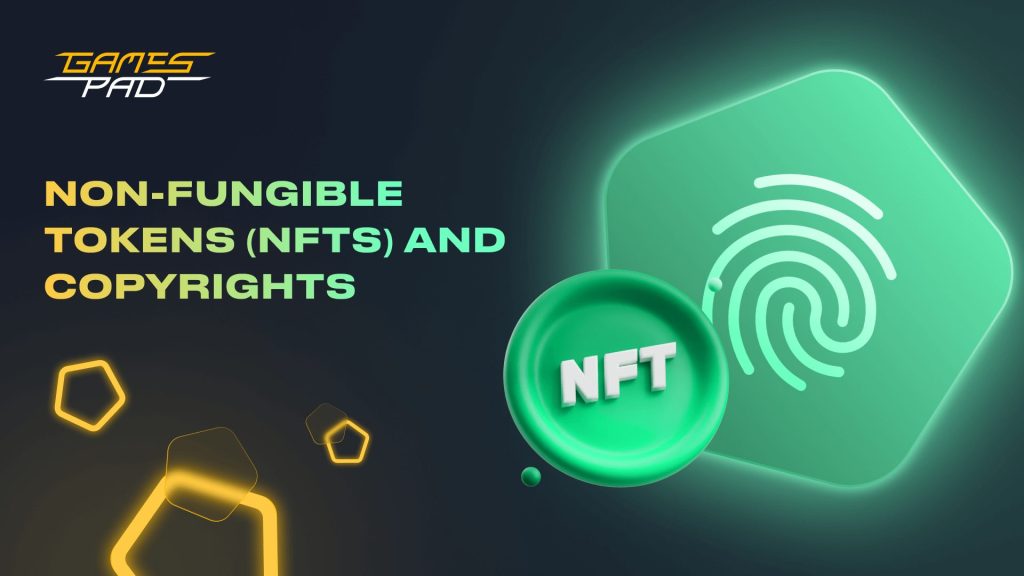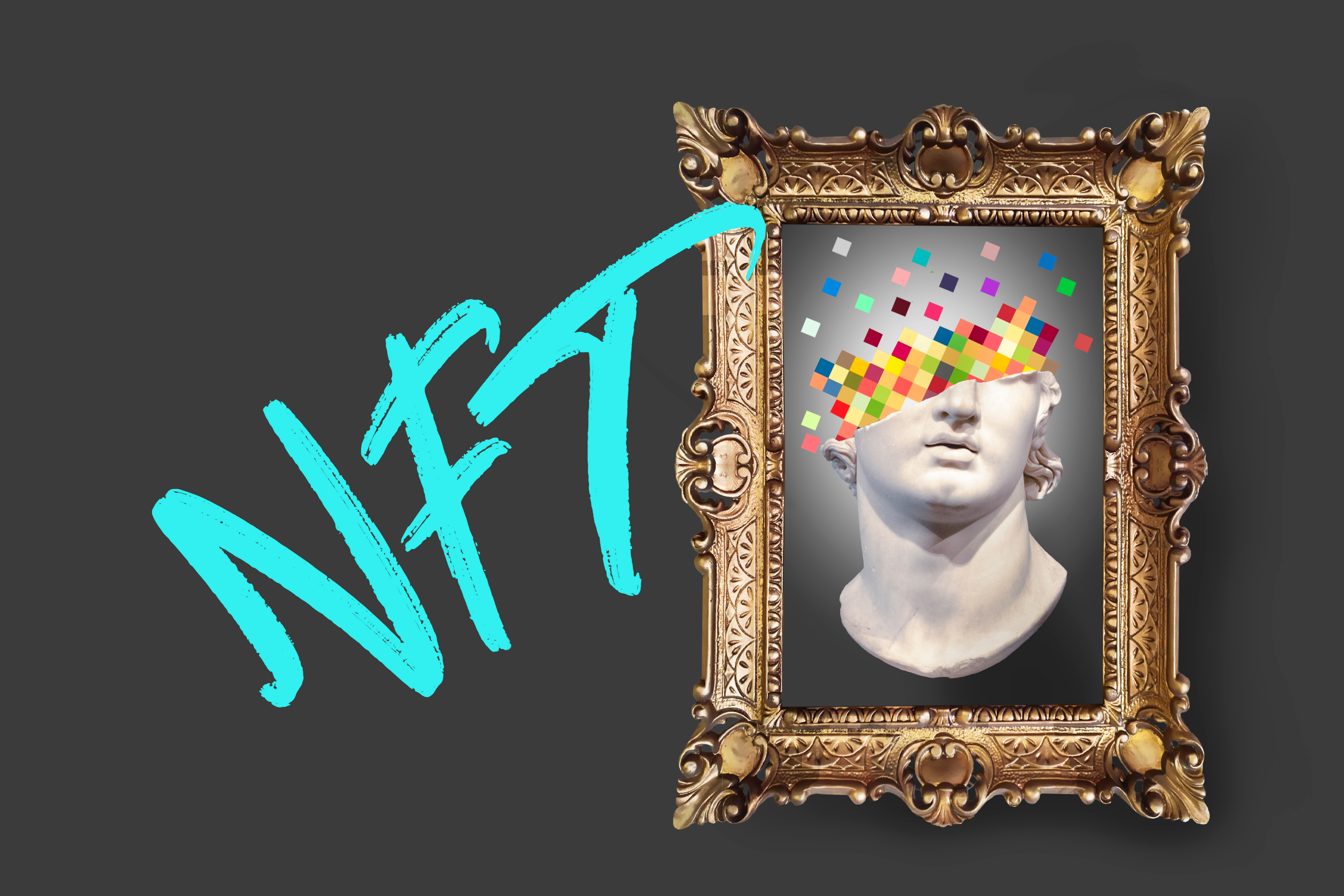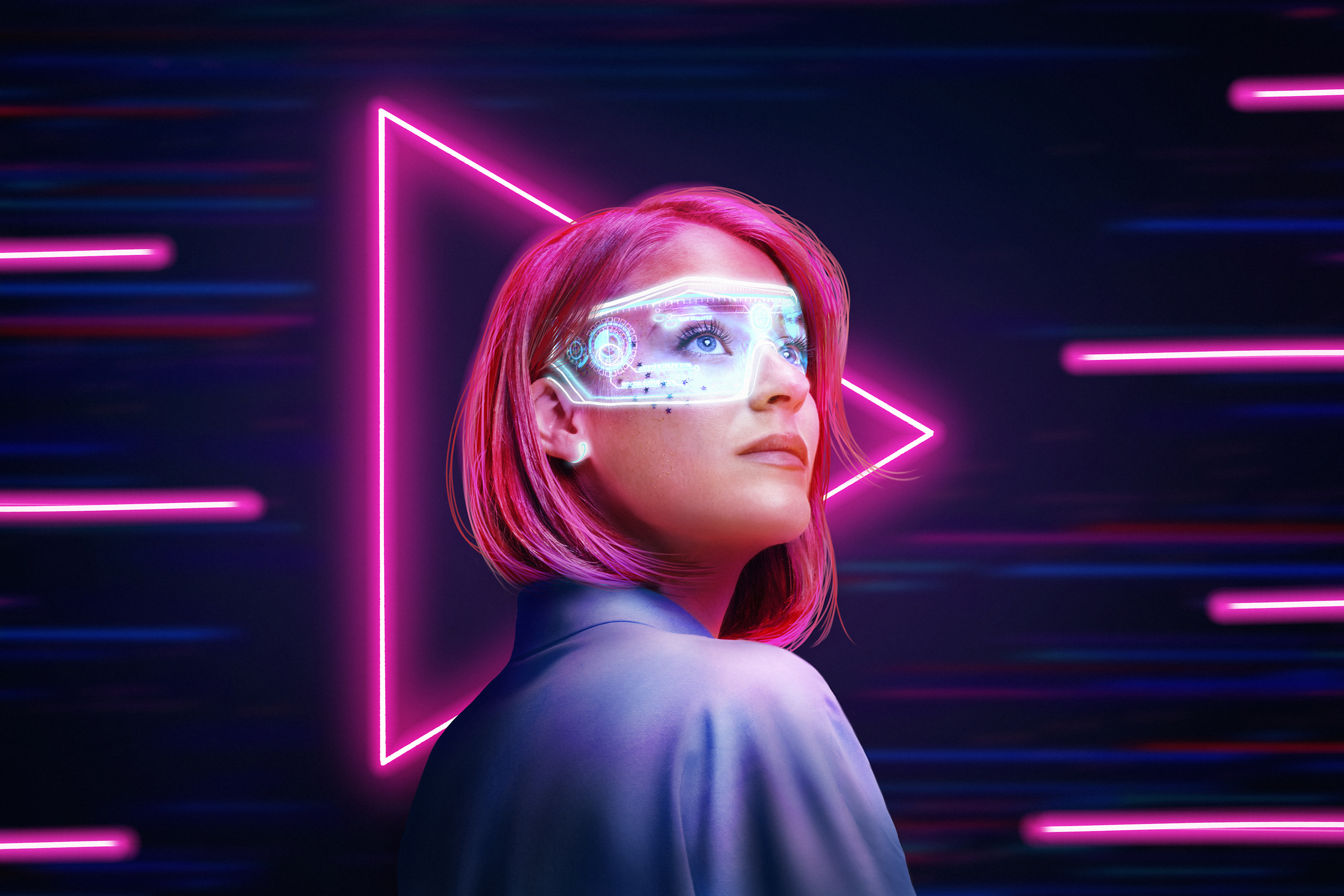
It is no secret that Non-Fungible Tokens (NFTs) have been making waves here and there. They actually became one of the most high-profile technological stories of 2021. This outstanding breakthrough technology has definitely taken the art and tech worlds by storm. However, are NFTs protected by copyright?Can NFTs be used to infringe on copyright law? In this blog post, we will take a look at how NFT ownership works and how it compares to traditional copyright law.
So do you want to learn more about intellectual property law, exclusive rights, legal obligation, art reproduction, commercial rights, digital scarcity and digital version of a piece of art, original artwork, legal recourse, legal status, new artwork, legal right, exclusive right, copyrighted work, digital files, creative works, minting an NFT, physical copy, traditional artwork, smart contract, and other NFT-related terms? Then read on. Let’s get started!
At the heart of the issue is the fact that NFTs are often associated with images and other types of copyrighted material. As a result, many people automatically assume that NFTs and copyright infringement go hand in hand, which has led to concerns about Web-based blockchain projects such as Ethereum potentially facilitating such illegal activities.
It is important to note that owning an NFT does not give you any legal rights or protections. In other words, even if you own a rare digital collectible like an exclusive piece of art or a celebrity’s image, this ownership does not necessarily translate into copyright protection for your work. This is because copyright law varies greatly depending on the type of content involved and how it was created.
At the same time, however, there are certain protections that NFT owners can take advantage of. For example, copyright laws vary from country to country and even within different industries or types of content. This means that as an NFT owner, you may be able to secure legal protection if you follow all relevant regulations and guidelines for your particular situation.

Many real-world examples illustrate how NFTs and copyright law work in practice. One such example is the recent lawsuit involving rapper Cardi B and the company Takeoff Technologies Inc., which was accused of using her image without permission on their website homepage. Other cases include images taken from social media accounts like Instagram or Twitter, which are often used to create NFTs without the original owner’s consent.
Despite these concerns, it is essential to note that there is no definitive answer regarding whether NFTs have copyright protection. The reality is that this depends on a number of different factors and varies from case to case. Generally speaking. However, copyright law does provide some legal protection for content creators in many cases, including images created by artists and other types of digital content such as music or video files.
Another critical factor that needs to be considered when discussing NFT ownership and copyright law is the idea of blockchain ownership versus copyright ownership. On the one hand, blockchain technology has made it possible for content creators to maintain complete control over their work and efficiently distribute it online without relying on centralized platforms like Google or Facebook.
At the same time, however, digital content is still subject to various laws and regulations worldwide – including copyright law. Therefore, it is vital for NFT owners to be aware of these rules and how they may impact their ability to create unique collectibles based on digital assets such as images or music files.
At its core, copyright is a legal concept that protects the rights of content creators to control and profit from their work. This includes granting exclusive rights to reproduce, distribute, perform or display original creations in any way the creator sees fit.

So how does blockchain relate to all of this? At its most basic level, blockchain technology is essentially a decentralized digital ledger that can be used to store and manage data of all kinds – including digital assets like images and music files. As such, it has become an important tool for managing ownership rights for NFTs and other types of content online.
The short answer to this question is yes. It is possible to create a non-fungible token (NFT) of copyrighted material, provided that you have the necessary rights and permissions from the original owner. This may involve negotiating a licensing agreement or coming up with another arrangement that allows you to use and distribute the content in question as part of your NFT.
Another important consideration when it comes to making and selling NFTs based on copyrighted material is how these sales impact copyright law. In many cases, digital trading assets like music files or images can be seen as an illegal distribution under copyright law, which can carry serious consequences for those involved. As such, creators need to be careful about how they go about selling and trading their NFTs to avoid any potential legal issues.
Ultimately, the relationship between a non-fungible token and copyright law is a complex one – with many different factors to consider when it comes to ownership rights for digital content. However, by being aware of these issues and understanding how copyright laws may impact your ability to create unique collectibles online, you can help ensure that you are able to benefit from this exciting new technology fully.
So, in summary, NFTs are closely connected with copyright infringement due to their focus on images and other types of digital content. While there is no definitive answer as to whether or not they have copyright protection, creators need to be aware of the laws surrounding copyright ownership and how they may impact their ability to create unique NFTs based on digital assets. Ultimately, the key is to be diligent, strategic, and aware of the risks involved in using copyright material in your NFT creations. And with that, you are well on your way to successfully navigating this exciting new frontier in blockchain technology!
NFTs are a powerful tool for creators looking to leverage the benefits of blockchain technology for their content. Whether you are interested in creating NFTs based on images, music files, or other types of digital content, it is important to be aware of the laws surrounding copyright and how they may impact your ability to use these assets in your NFT creations. By being diligent, strategic, and informed about copyright law, you can help ensure that you are able to reap all of the benefits of this exciting new technology!

At its core, NFTs are a form of intellectual property or IP. Like other types of intellectual property, such as trademarks, patents, and copyrights, they represent the rights to own and control particular creations that have value in today’s digital world. Whether you are an individual content creator looking to capitalize on your work through NFTs or an organization interested in leveraging these technologies for your brand or product portfolio, understanding how NFTs can be used as a tool for managing and protecting your intellectual property is essential.
That being said, there are many different considerations when it comes to using NFTs to protect your IP. From legal complexities around copyright ownership to challenges related to navigating the rapidly evolving landscape of the blockchain ecosystem, there are many considerations to consider when it comes to using NFTs as a tool for protecting your intellectual property.
However, with careful planning and consideration of all the relevant factors, you can successfully leverage NFTs as a powerful tool for managing and protecting your IP in today’s digital landscape. So if you are looking to capitalize on the benefits of this exciting new technology, be sure to do your research and plan accordingly so that you can make the most out of NFTs for IP protection!
In conclusion, NFTs are a valuable tool for managing and protecting intellectual property in today’s digital world.
Yes, there can be copyright issues related to NFTs. NFTs (non-fungible tokens) are often used to represent unique digital assets such as digital art, music, videos, etc. These digital assets are protected by copyright law, just like any other creative work.
If someone creates an NFT of someone else’s copyrighted work without permission, it could be considered copyright infringement. Similarly, if an NFT of an original work is sold without the permission of the owner, it could also be considered copyright infringement.
It’s worth noting, however, that the legal status and boundaries of NFTs are still evolving, and their relationship with copyright law is not yet fully defined. Therefore, it’s important for NFT creators and buyers to be aware of these potential legal issues and to seek legal advice if necessary.
No, NFTs themselves are not protected by copyright. An NFT is simply a digital token that represents ownership or rights to a digital asset, such as a unique piece of digital art or a music file.
However, the digital asset that the NFT represents is protected by copyright, including any underlying copyrights or intellectual property rights associated with that asset. Therefore, creating and selling an NFT of a copyrighted work without permission could be considered copyright infringement.
It’s important for NFT creators and buyers to be aware of the copyright status of the underlying digital assets and to obtain the necessary permissions and licenses when creating or selling NFTs. This is especially important if the digital asset includes copyrighted elements from other sources, such as samples of music, images, or videos.
No, NFTs or non-fungible tokens themselves are not typically trademarked, as they are a type of digital asset and not a brand or product. However, the digital assets that NFTs represent, such as unique pieces of artwork, may contain trademarked elements. For example, a digital artwork that includes a famous logo or brand name could potentially infringe on the trademark rights of the owner of that logo or brand.
No, NFTs themselves cannot be copyrighted. Copyright law only applies to creative works such as original art, music, and literature that are fixed in a tangible form. NFTs, on the other hand, are not creative works and don’t contain any original content. They are simply digital records of ownership or rights to a resource or asset that already exists elsewhere.
However, the digital assets that NFTs represent are protected by copyright laws if they were created in a tangible form. For example, if a digital artwork is sold as an NFT, the artwork itself can be copyrighted, and the copyright would be held by the artist who created it.
In summary, NFTs cannot be copyrighted, but the underlying digital assets that they represent can be.
In 2023, the use of NFTs in the creative industry would have likely become more widespread. NFTs, or non-fungible tokens, present many opportunities for creators to monetize their digital works in ways that were previously difficult, if not impossible.
However, as the use of NFTs becomes more prevalent, there are likely to be many challenges related to copyright and intellectual property rights that will need to be addressed. One of the primary challenges will be ensuring that the creators of the original digital assets are properly compensated for their work.
This may require new legal or licensing frameworks to be put in place, as the current copyright system was created with physical works in mind and may not be ideally suited to the digital era.
Another potential challenge will be how to address the issue of copyright infringement when it comes to NFTs. NFTs and the easy transferability of digital assets may make it more difficult to track and prevent infringement. Furthermore, determining the rightful ownership of a particular digital asset may be more challenging in a world where NFTs can be easily created and traded.
Despite these challenges, there are also many opportunities that NFTs present for creators and rights holders. For example, it may be possible to use NFTs as a mechanism for tracking the use and distribution of copyrighted works, thereby opening up new opportunities to track and enforce intellectual property rights.
Overall, the copyright challenges and opportunities presented by NFTs in 2023 are likely to be complex and multifaceted. It will be up to lawmakers, creators, and rights holders to work together to create a legal and regulatory environment that enables NFTs to flourish while also protecting the rights of creators and owners of digital assets.
It seems you have learned a lot about copyright and NFTs, including such topics as intellectual property law, a smart contract, underlying copyright, etc. So if you are a copyright owner and interested in purchasing a particular NFT collection, now you know what to do.
At their core, NFTs and copyright law are closely intertwined – with many different factors to consider when it comes to rights and ownership of digital content. However, by being aware of these issues and understanding how copyright laws impact your ability to create unique NFTs, you can help ensure that you can make the most out of this exciting new technology.
In summary, while NFTs may not be explicitly protected by copyright law, there are still several important considerations when using copyrighted material in NFT creations.
Would you like to start investing in the most impactful crypto gaming, NFT and metaverse projects with GamesPad? Learn how in this comprehensive tutorial!
Disclaimer. This material should not be construed as a basis for making investment decisions or as a recommendation to participate in investment transactions. Trading digital assets may involve significant risks and can result in the loss of invested capital. Therefore, you must ensure that you fully understand the risk involved, consider your level of experience, investment objectives, and seek independent financial advice if necessary.